Video Games & Mental Health
Well, hello there, fellow geeks! It's your friendly neighborhood geek therapist here to talk about something near and dear to all of our hearts: video games. Yes, I know what you're thinking, "A therapist who likes video games? What is this sorcery?" But fear not, my fellow gamers, for I am here to tell you that video games can benefit our mental health. Yes, you read that right. I said beneficial.
Now, before you start shouting, "But what about video game addiction?" at me, let me be clear: addiction is a real and serious issue that needs to be addressed. Research has shown that playing video games in moderation can have a number of positive effects on our mental health. However, just because some people struggle with addiction doesn't mean that video games are inherently bad.
For one thing, video games can be a great way to manage stress and anxiety. When we're playing a game, we're completely immersed in the experience, which can help us forget about our worries for a little while. And if we're playing a game with a story or characters we care about, we can even get a little emotional release by letting ourselves feel the characters' feelings. Plus, the satisfaction of achieving a goal or completing a level can give us a sense of accomplishment and boost our self-esteem.
But it's not just about managing negative emotions. Video games can also be a great way to practice social skills and connect with others. Multiplayer games like World of Warcraft or Fortnite can allow us to work together with other players towards a common goal. And even single-player games can provide us a sense of community as we connect with other fans online to discuss our favorite games and share tips and strategies.
Some of you might be thinking, "But what about neurodivergency? Video games can't be good for everyone, right?" And you're absolutely right. While video games can be helpful for many people, they're not a one-size-fits-all solution. However, the beauty of video games is that they can be tailored to meet the needs of different players.
The key is finding the right game for the right person. For example, players with ADHD might benefit from games that require quick reflexes and decision-making, as these can help improve focus and attention. And players with autism might find comfort in games with clear rules and structured routines.
So there you have it, my fellow geeks. Video games can be a powerful tool for promoting mental health as long as we're mindful of how we use them. Let's embrace our inner gamers and always remember to play responsibly.

